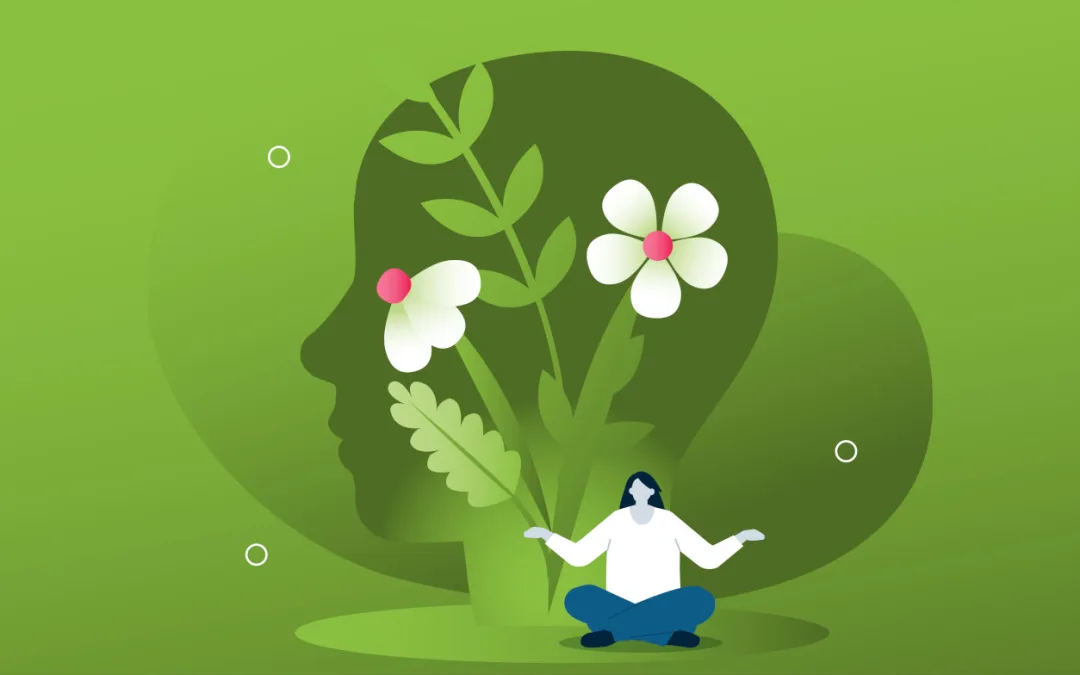Mental health has become somewhat of a buzzword in recent times. When we hear the word mental health we often think of it in terms of things such as depression and anxiety. It is important to know that mental health is more than the absence of mental illness or mental disorders. We need to understand that mental health exists on a continuum which is experienced differently from one person to the next, with varying degrees of difficulty and distress and potentially very different social and clinical outcomes.
The World Health Organisation (WHO) defines mental health as a state of mental well-being that enables people to cope with the stresses of life and includes our emotional, psychological and social well-being and ultimately affects how we think, feel and act.
Positive mental health allows people to:
- Realise their full potential
- Cope with the stresses of life
- Work productively
- Make meaningful contributions to their communities
- Have good relationships
- Be physically healthy
Research confirms that South Africans are struggling from a mental health perspective. We see that in our day-to-day support of employees through the AskNelson support line.
According to a study conducted by the Wits Medical Research Council, 25.7% of South Africans are probably depressed, with more than a quarter of respondents reporting moderate to severe symptoms of depression.
Mental health conditions result in a loss of productivity. It is estimated that employee absenteeism cost the South African economy R170 – 200 billion a year.
According to the second Annual Mental State of the World Report 2021, published in March 2022, South Africa ranks as one of the worst countries regarding mental health.
A report released in November 2022 by UNICEF, reported that around 73% of South African children and youth felt they needed mental health support over the past year, of which more than half, 38 per cent, actively sought help. This translated to 3 out of 4 children indicating that they struggled with mental health challenges.
The impact of mental health challenges is often seen in the increased suicide rates noted globally.
South Africa sees an estimated 23 suicides and 460 attempted suicides a day, according to the South African Depression and Anxiety Group. Men in South Africa are four times more likely to die by suicide than women.
Struggling with mental health challenges can be both paralysing and overwhelming. If you or someone you know are experiencing one or more of the following feelings or behaviours, it may be a sign that you need to speak to someone:
- Eating or sleeping too much or too little
- Pulling away from people and usual activities
- Having low or no energy
- Feeling numb or like nothing matters
- Having unexplained aches and pains
- Feeling helpless or hopeless
- Smoking, drinking, or using drugs more than usual
- Feeling unusually confused, forgetful, on edge, angry, upset, worried, or scared
- Yelling or fighting with family and friends
- Experiencing severe mood swings that cause problems in relationships
- Having persistent thoughts and memories you can’t get out of your head
- Thinking of harming yourself or others
- Inability to perform daily tasks like taking care of your kids or getting to work or school
Mental health has been described as a ‘pandemic’ and an ‘escalating crisis’. How do organisations begin to prioritise mental health and support struggling individuals?
One of the most effective ways is to create safe spaces for people to discuss their emotional and mental health challenges with qualified health professionals. This is possible by providing employee assistance and wellness programmes that serve to meet the physical and psychosocial needs of employees. Kaelo offers support to employees and their immediate family members through their AskNelson programme, which provides counselling, coaching, financial, legal and leadership support.
Sources:
The State of Mental Health in South Africa | EAPA-SA (eapasa.co.za)


